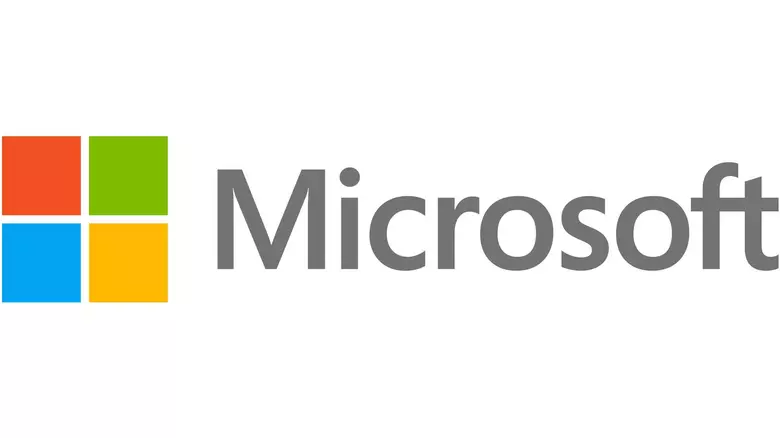In a bold move to expand its digital presence, luxury fashion house Gucci has partnered with technology giant Microsoft to explore the rapidly growing world of the metaverse and digital collectibles. This collaboration marks a significant milestone in the intersection of high fashion and cutting-edge technology, as Gucci seeks to blend its iconic design legacy with the possibilities offered by virtual reality, blockchain, and digital ownership.
The Metaverse: Gucci’s New Frontier
The metaverse, a virtual world where users can interact with digital environments and assets, is becoming a new playground for luxury brands. Gucci has already made strides in the digital realm with initiatives such as its virtual sneakers and collaborations in gaming environments like Roblox. The partnership with Microsoft, however, takes Gucci’s digital strategy to the next level, allowing the brand to fully immerse itself in creating digital spaces where fashion, art, and technology converge.
With Microsoft’s advanced technology and infrastructure, Gucci plans to develop new experiences for its audience in the metaverse, where users can wear virtual Gucci items, attend fashion shows, and purchase digital collectibles authenticated by blockchain technology. These digital items, often referred to as non-fungible tokens (NFTs), have gained significant attention for their potential to represent ownership of unique digital goods.
NFTs and Digital Collectibles
One of the most exciting aspects of the Gucci-Microsoft partnership is the focus on digital collectibles. NFTs, which are unique digital assets stored on the blockchain, have become a major trend in the luxury goods market. Brands like Gucci see NFTs as a way to engage with tech-savvy consumers who are interested in digital ownership and exclusivity.
In this collaboration, Gucci plans to release limited-edition digital collectibles, ranging from fashion accessories to artworks, that can be purchased by users in the metaverse. These NFTs will not only serve as virtual status symbols but could also provide tangible benefits such as access to exclusive events or experiences in the digital and physical world. The collaboration leverages Microsoft’s blockchain technology, ensuring the authenticity and rarity of these digital items.
This move into NFTs aligns with Gucci’s broader strategy of engaging younger, digitally native consumers who are increasingly spending time and money in virtual environments. By offering limited-edition digital goods, Gucci is positioning itself as a forward-thinking brand that embraces innovation without sacrificing its heritage of craftsmanship and luxury.
The Future of Fashion and the Metaverse
The partnership between Gucci and Microsoft reflects a broader trend in the fashion industry, where leading brands are exploring new ways to connect with consumers in virtual spaces. As more people spend time in digital worlds for work, entertainment, and socializing, brands are recognizing the potential of the metaverse to offer unique experiences that extend beyond traditional retail.
By collaborating with Microsoft, Gucci is poised to become a pioneer in this space, setting the stage for other luxury brands to follow. The metaverse offers limitless possibilities for fashion, from virtual try-ons to digital fashion shows and interactive shopping experiences. Gucci’s involvement in the metaverse not only enhances its brand presence but also positions it as a leader in the digital transformation of luxury retail.
As the metaverse evolves, it’s clear that fashion will play a central role in shaping how people express themselves and interact in virtual environments. Gucci’s partnership with Microsoft signals the beginning of a new era for the brand, where fashion is no longer confined to the physical world but extends into a dynamic and immersive digital realm.
Challenges and Opportunities
While the metaverse presents exciting opportunities for Gucci, it also comes with challenges. The concept of digital ownership is still evolving, and the regulatory environment surrounding NFTs and blockchain technology remains uncertain. Additionally, brands must navigate the ethical concerns of operating in virtual spaces, including issues of data privacy and inclusivity.
From Our Editorial Team
Our Editorial team comprises of over 15 highly motivated bunch of individuals, who work tirelessly to get the most sought after curated content for our subscribers.


